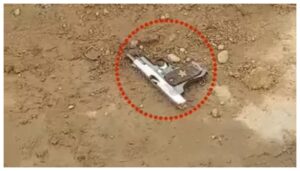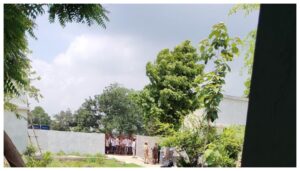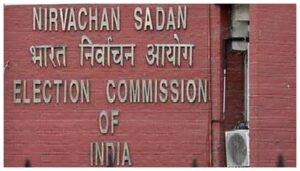‘Patna Declaration’ Shines Light on Global Efforts to Protect Wild Birds: Bihar Leads the Charge in International Workshop
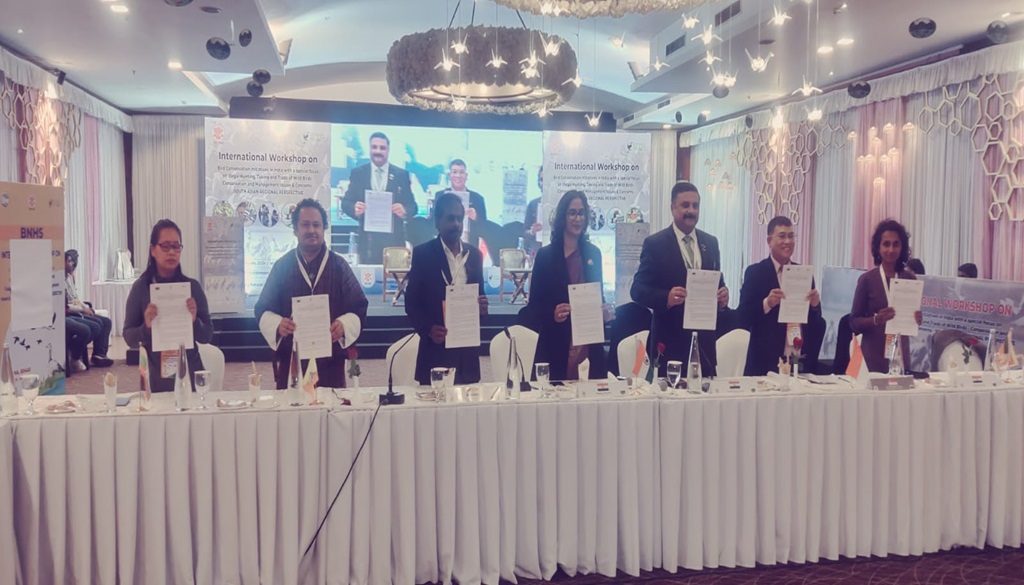
Patna: The ‘Patna Declaration’ emerged as a pivotal outcome on the second day of the International Workshop on Bird Conservation Initiatives in India, with a Special Focus on Illegal Hunting, Taking, and Trade of Wild Birds. This three-day event, running from February 5 to 7, is a collaborative effort between the Department of Environment, Forests, and Climate Change (DEFCC) in Bihar and the Bombay Natural History Society (BNHS).
The ‘Patna Declaration (Final Draft)’ encapsulates the workshop’s deliberations, emphasizing the necessity of fostering collaboration among countries and organizations along the Central Asian Flyway (CAF) and East Asian Australasian Flyway (EAAF) to combat illegal hunting and promote bird conservation. Key focus areas include research, monitoring, establishing a Task Force on Illegal Killing, Taking, and Trade of Migratory Birds in South Asia, and reinforcing institutional frameworks for enforcement under CITES and the Wildlife Protection Act, 1972.
Bihar, playing a significant role in these endeavors, has been proactive in raising awareness and promoting cross-sectoral mechanisms to combat illegal activities targeting wild birds. Chief Minister Nitish Kumar conveyed his support through a message displayed before the assembled delegates.
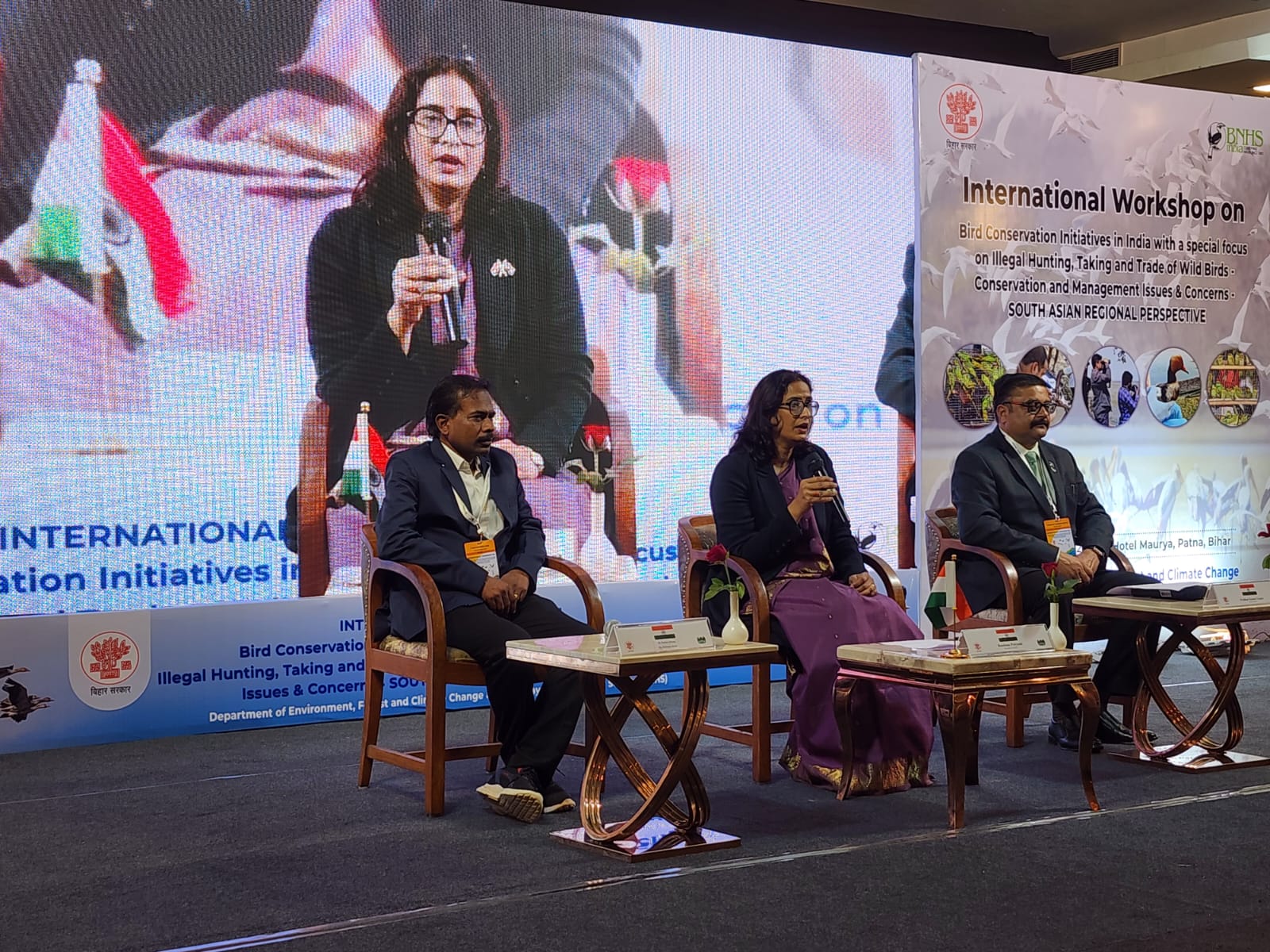
Panel discussions on Tuesday saw the active participation of 18 delegates, engaging in deliberations on illegal hunting and trade of wild birds. Case studies from various regions were shared, with a concerted effort to find solutions to the transboundary challenges posed by such activities.
Plenary sessions and breakout sessions facilitated in-depth discussions, with group discussions followed by presentations from representatives. Bird conservation efforts were spotlighted, with 19 delegates sharing their experiences and challenges faced in this realm.
The Bihar Forest Department also presented its journey since 2015 towards the establishment and institutionalization of conservation efforts, highlighting achievements such as the conservation of breeding sites for the Greater Adjutant at Kadwa Diara, Bhagalpur.
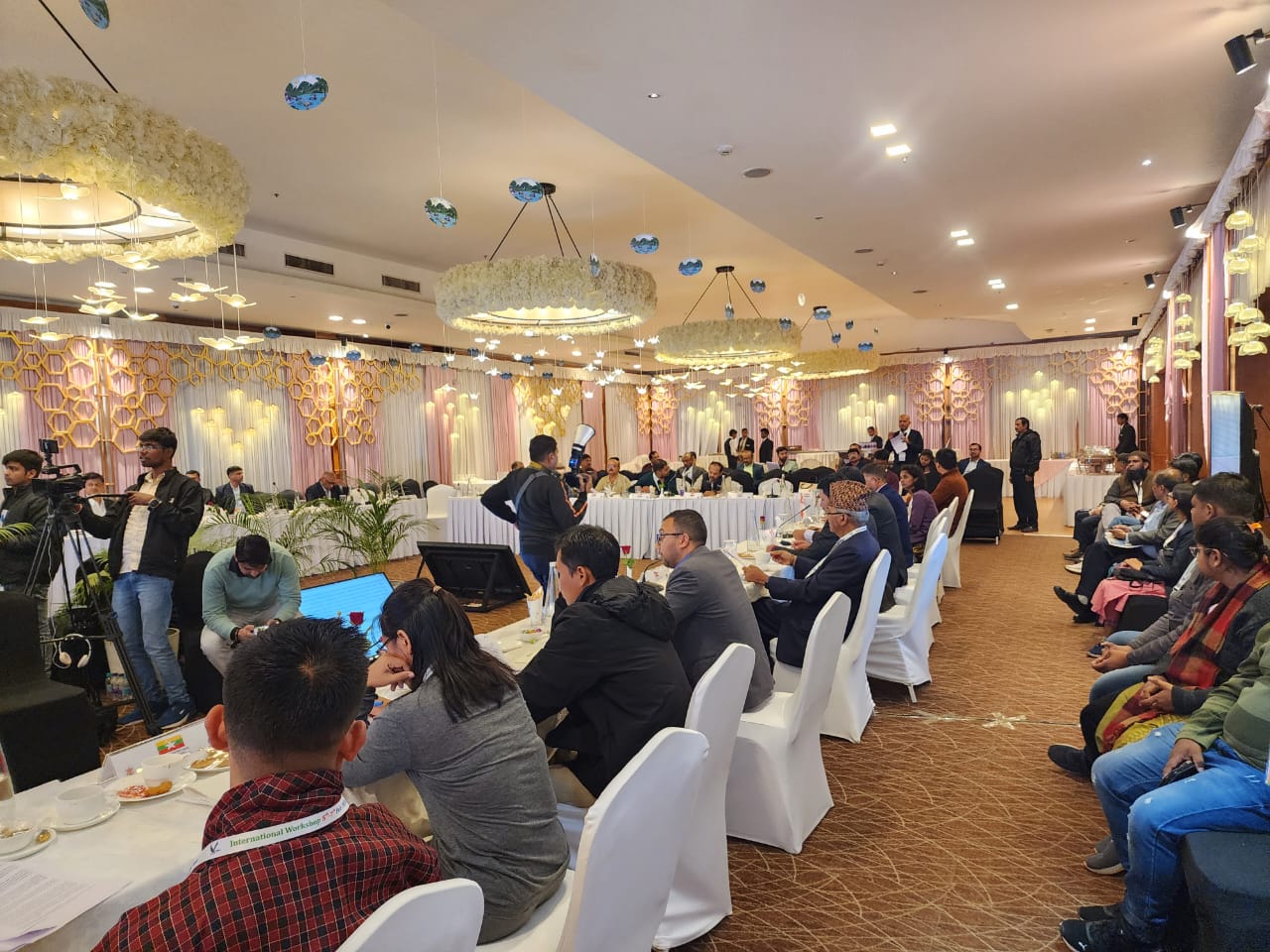
The workshop drew participation from 15 delegates representing eight countries, including Bangladesh, Bhutan, Nepal, Myanmar, Sri Lanka, Kazakhstan, and Singapore, with one delegate joining online from the Netherlands. Notable attendees from the Union Ministry of Environment, Forest and Climate Change, scientists, conservationists, state forest officials, legal experts, defense services, and academia converged to share insights and review the current status of bird conservation initiatives and illegal bird hunting practices.
The workshop aimed to identify and prioritize conservation actions at regional, national, and state levels, reflecting a collective commitment towards safeguarding avian biodiversity and combatting illicit activities threatening wild bird populations.

